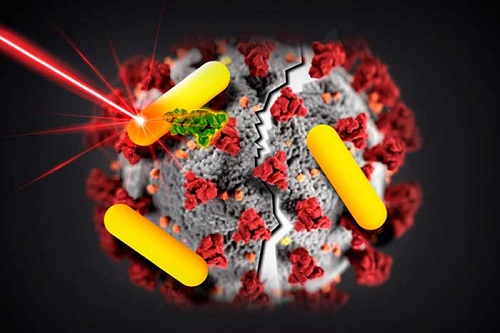Search Results for:
Bioengineering against the most resistant and deadly bacterial infections
 An international team, led by Profs Giuseppe Battaglia and Loris Rizzello from the Institute for Bioengineering of Catalonia (IBEC), carried out out a study that opens the door to a new therapy capable of quickly and effectively eliminating infections caused by intracellular bacteria, the most resistant to immune defenses.
An international team, led by Profs Giuseppe Battaglia and Loris Rizzello from the Institute for Bioengineering of Catalonia (IBEC), carried out out a study that opens the door to a new therapy capable of quickly and effectively eliminating infections caused by intracellular bacteria, the most resistant to immune defenses.
This therapy, based on synthetic vesicles, could considerably reduce the dose and duration of antimicrobial treatments, thus reducing the danger of generating resistance to antibiotics of pathogens such as those leading to tuberculosis.
Nuria Montserrat presents to the Minister of Science and Innovation her project to fight coronavirus using bioengineered organoids
 Nuria Montserrat, Group Leader at IBEC and ICREA Research Professor, meets with the Minister of Science and Innovation, Pedro Duque, to present her ACE2-ORG project, which seeks, by using organoids generated from bioengineering techniques, possible therapeutic solutions against the SARS-CoV-2 virus.
Nuria Montserrat, Group Leader at IBEC and ICREA Research Professor, meets with the Minister of Science and Innovation, Pedro Duque, to present her ACE2-ORG project, which seeks, by using organoids generated from bioengineering techniques, possible therapeutic solutions against the SARS-CoV-2 virus.
The Minister of Science and Innovation held a videoconference meeting this Thursday, June 18, with the responsibles of five research projects that are working on the development of new technologies to deal with SARS-CoV-2 and which are being financed by the Fund COVID-19, managed by the Carlos III Health Institute (ISCIII).
A “faster and safer” therapy against tuberculosis
A team of international scientists led by the Institute for Bioengineering of Catalonia (IBEC) has developed a “faster, more effective and safer” therapy to eliminate infections of intracellular bacteria that cause diseases such as tuberculosis. Scientists participating in the study include Group Leader Giuseppe Battaglia and the researcher Loris Rizzello of IBEC.
Josep Samitier talks about how the redistribution of funds will affect research
Josep Samitier, director of the Institute for Bioengineering of Catalonia and president of the Catalan Association of Research Entities (ACER), assesses how science and technology can be affected by the fact that 53 million euros, that had to be invested in research, have been redirected to the healthcare sector, due to the coronavirus outbreak.
Artificial systems imitate how cells move and communicate
A review published in the scientific journal Small elegantly summarises the most important cellular biomimicry research of the past few years on synthetic soft-architectures, with a view to inspiring future developments in the field.
Samuel Sánchez, Group Leader at the Institute for Bioengineering of Catalonia (IBEC) co-authored this piece, alongside world-renowned experts in bioengineering and cell synthesis.
Senior researcher at the Bioengineering in Reproductive Health Research Group

Application Deadline: 15/07/2020
Ref: SR-SO
The Bioengineering in reproductive health group at the Institute for Bioengineering of Catalonia (IBEC) is looking for a Senior Scientist to develop a project in collaboration with the industry.
The project involves investigate the molecular mechanisms affected by specific chemical treatments on endometrial receptivity and on mouse and human embryos in culture. We aim to combine the expertise in microscopy of the lab with embryology tools to understand the morphological and molecular modifications that lead to an increase in endometrial receptivity. An ideal candidate will have experience in the mouse or human embryology field and will know basic tools of molecular biology. The candidate will have a great degree of independence to coordinate the project, competitive salary and funding to outsource several tests (i.e. sequencing, histology etc.).
Our laboratory is a multidisciplinary environment where biologists, biophysicists, clinicians and business developers synergize to create a unique environment shaped by science and entrepreneurship. Due to the high translational component of our research, we have established collaboration contracts with the pharma industry, hospitals and venture capital to bring our technology to the clinics and the market.
In our lab we use bioengineering methods to create 3D environments that support embryonic development outside of the mother uterus. Our systems are accessible to imaging tools which allow us to interrogate the genetics, metabolomics and mechanics of the embryo in a high throughput manner. Using our systems we are capable to (i) improve embryo culture conditions and (ii) diagnose embryos with improved implantation potential.
IBEC committed with the creative talent of the future
 The Institute for Bioengineering of Catalonia (IBEC) is the first research center to take part in the “Creative talent and Business” initiative launched by the Catalan Government.
The Institute for Bioengineering of Catalonia (IBEC) is the first research center to take part in the “Creative talent and Business” initiative launched by the Catalan Government.
Bioengineering involves addressing, understanding and solving highly complex problems in biomedicine. Research in nanomedicine, cell and tissue engineering, and new technologies for health will greatly change the way we face medical challenges.
Assistant Administratiu de Core Facilities
 Application Deadline: 24/06/2020
Application Deadline: 24/06/2020
Ref: AA-IO
L’Institut de Bioenginyeria de Catalunya (IBEC)requereix incorporar un/-a Assistant Administratiu a la unitat de Core Facilities de l’IBEC, que te la funció de proporcionar serveis i suport diaris relacionats amb la gestió bàsica dels laboratoris, per tal de facilitar la recerca i promoure la interacció i l’intercanvi de coneixement entre científics de l’IBEC.
Nanoparticles and supercomputers against SARS-CoV-2
The research group at the UPC, led by the IBEC Associated Researcher Carlos Aleman, will investigate in collaboration with the company B. Braun, the detection, blocking and elimination of the SARS-CoV-2 virus by using functionalized nanoparticles and activation of nano-sources of heat.
To carry out the investigation, they will be allowed to use the supercomputer installed in France.

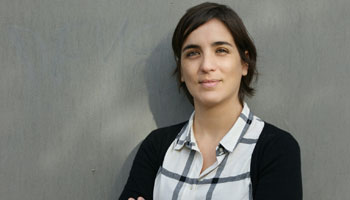
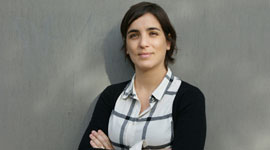 Researchers at the Institute of Bioengineering of Catalonia (IBEC) led by Núria Montserrat have found in vitro that diabetes is a disease that accelerates Covid-19. In the lab, they have also created mini-hearts to study the heart problems caused by Covid-19.
Researchers at the Institute of Bioengineering of Catalonia (IBEC) led by Núria Montserrat have found in vitro that diabetes is a disease that accelerates Covid-19. In the lab, they have also created mini-hearts to study the heart problems caused by Covid-19.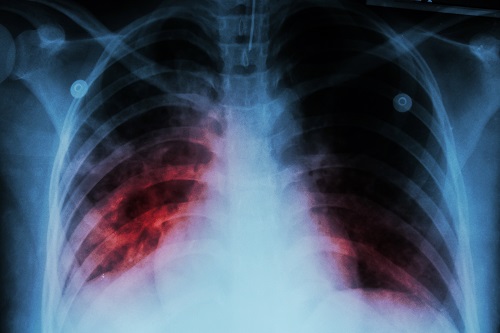
 An international team, led by Profs Giuseppe Battaglia and Loris Rizzello from the Institute for Bioengineering of Catalonia (IBEC), carried out out a study that opens the door to a new therapy capable of quickly and effectively eliminating infections caused by intracellular bacteria, the most resistant to immune defenses.
An international team, led by Profs Giuseppe Battaglia and Loris Rizzello from the Institute for Bioengineering of Catalonia (IBEC), carried out out a study that opens the door to a new therapy capable of quickly and effectively eliminating infections caused by intracellular bacteria, the most resistant to immune defenses. 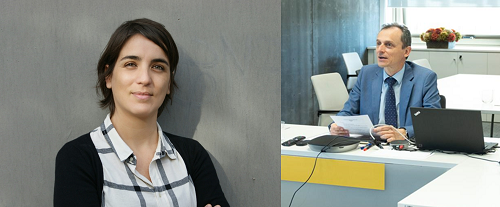
 Nuria Montserrat, Group Leader at IBEC and ICREA Research Professor, meets with the Minister of Science and Innovation, Pedro Duque, to present her ACE2-ORG project, which seeks, by using organoids generated from bioengineering techniques, possible therapeutic solutions against the SARS-CoV-2 virus.
Nuria Montserrat, Group Leader at IBEC and ICREA Research Professor, meets with the Minister of Science and Innovation, Pedro Duque, to present her ACE2-ORG project, which seeks, by using organoids generated from bioengineering techniques, possible therapeutic solutions against the SARS-CoV-2 virus.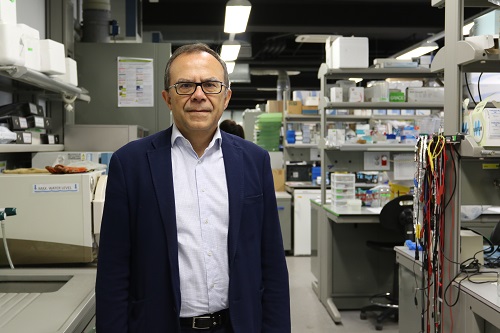
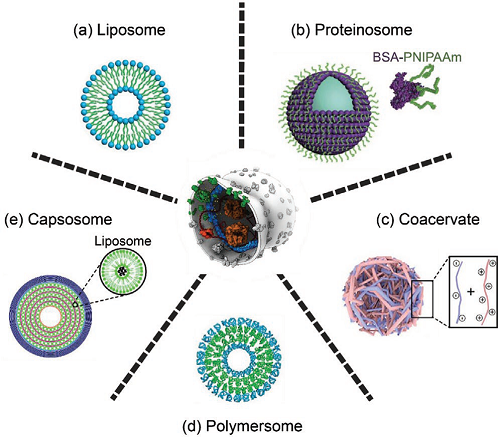

 The Institute for Bioengineering of Catalonia (IBEC) is the first research center to take part in the “Creative talent and Business” initiative launched by the Catalan Government.
The Institute for Bioengineering of Catalonia (IBEC) is the first research center to take part in the “Creative talent and Business” initiative launched by the Catalan Government. 